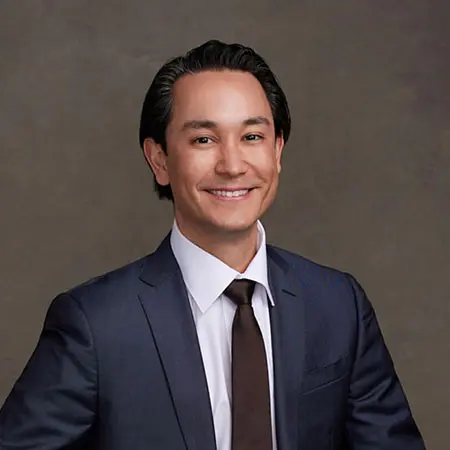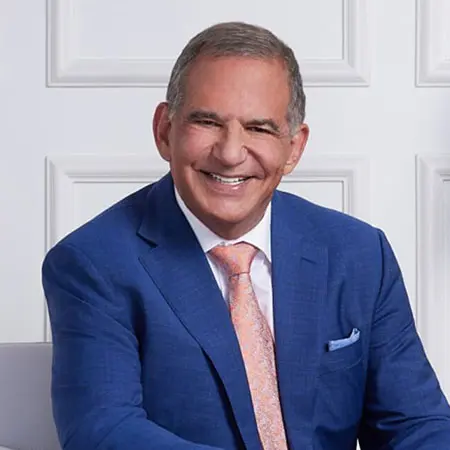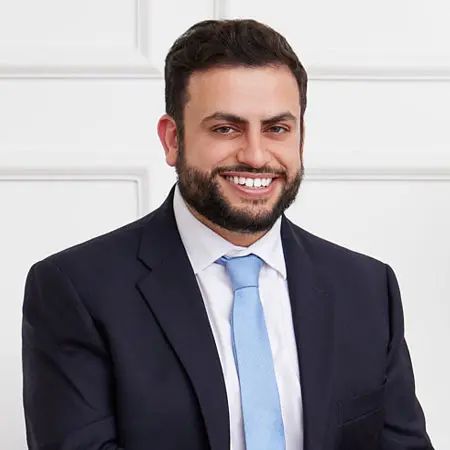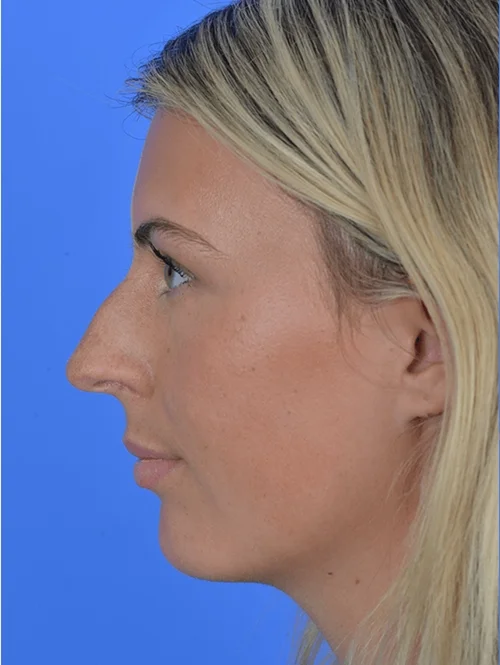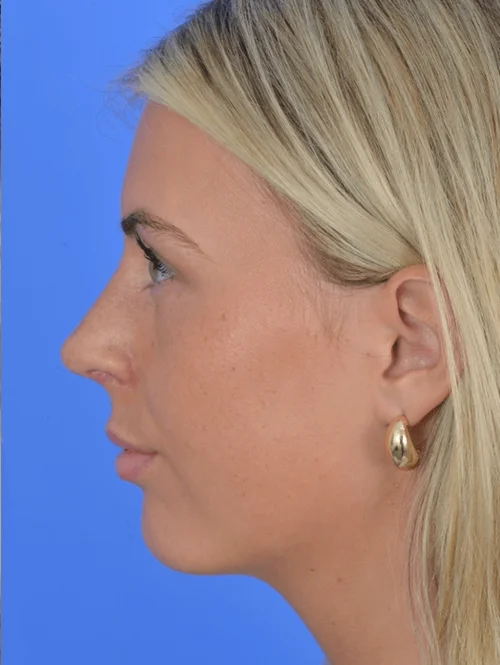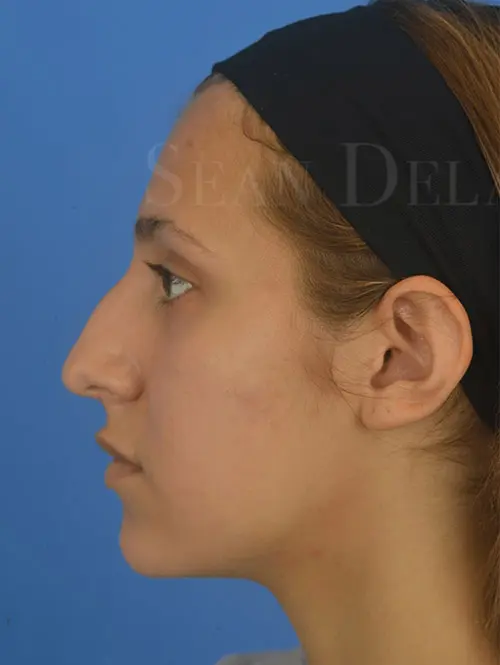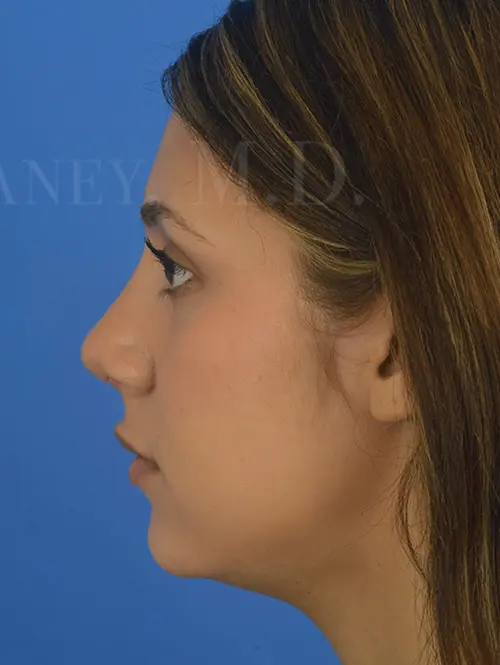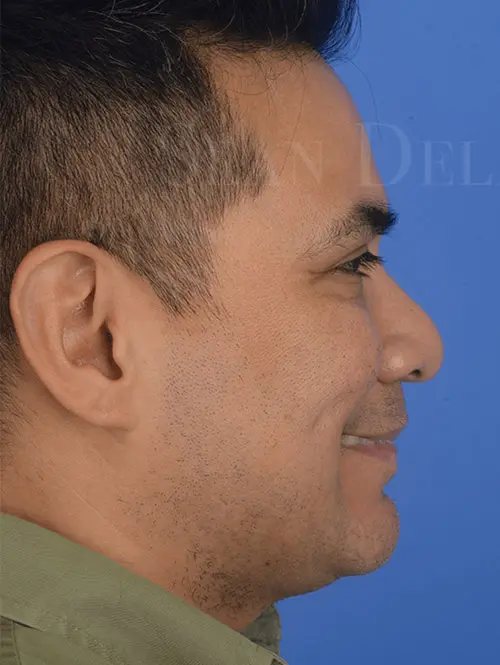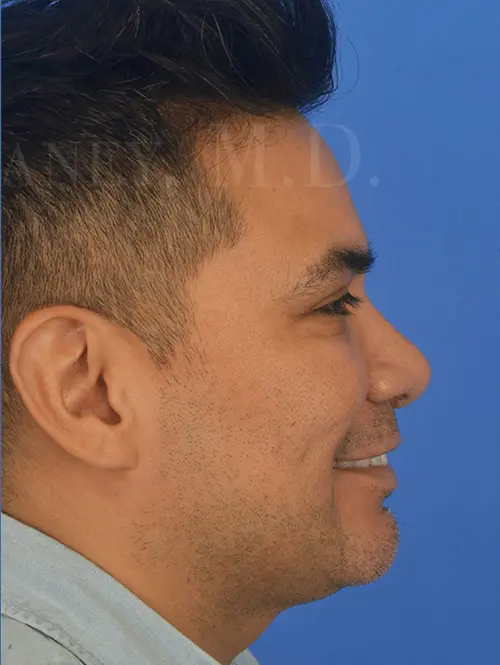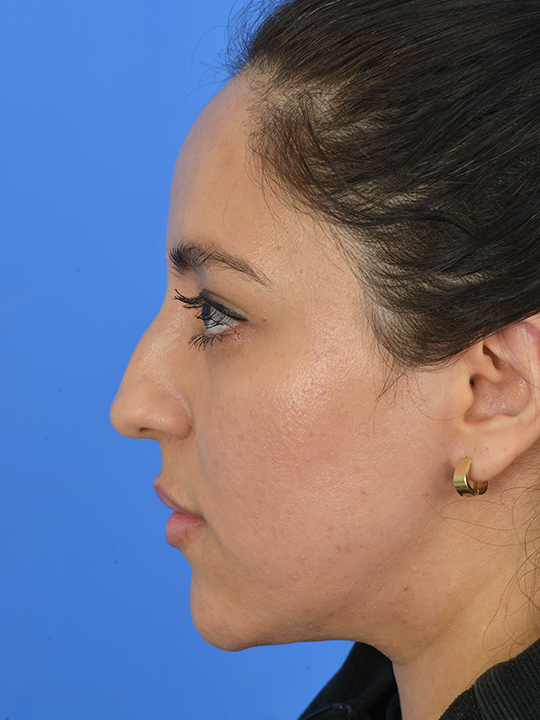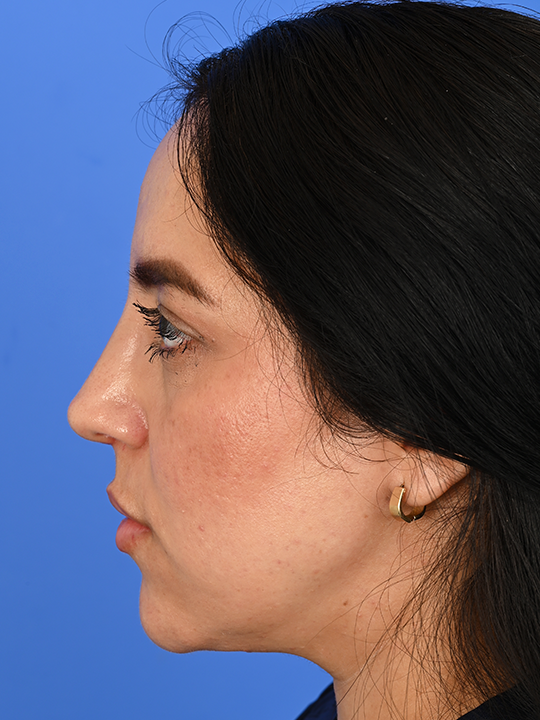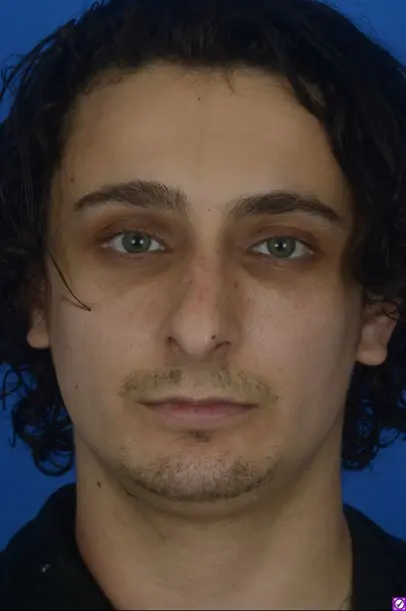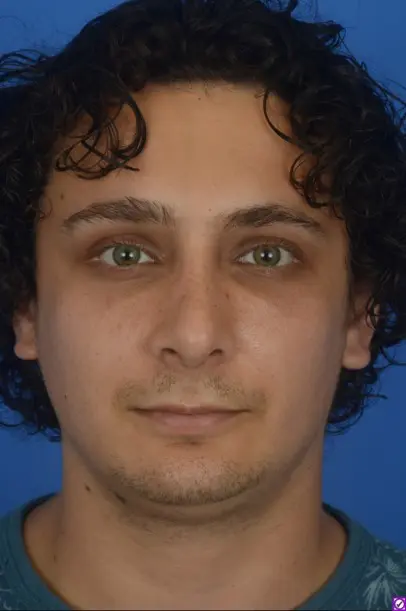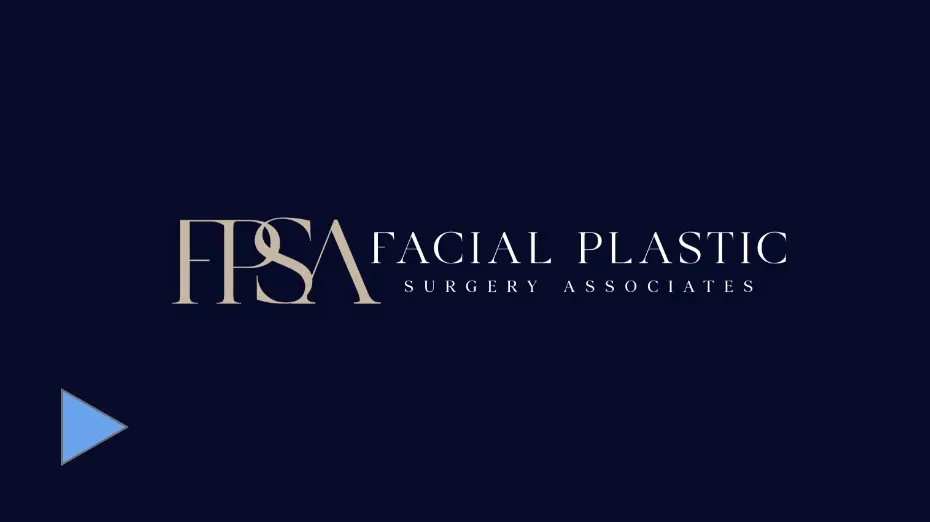 Model
Model
Rhinoplasty in Houston, TX
Changing the shape and appearance of your nose can be transformative.
As globally recognized and award-winning nasal experts in advanced Rhinoplasty techniques, Dr. Russell Kridel and Dr. Sean Delaney can help you achieve the aesthetic results you desire. Their depth of experience, attention to detail, quality patient care, and superior outcomes is unparalleled in Houston.

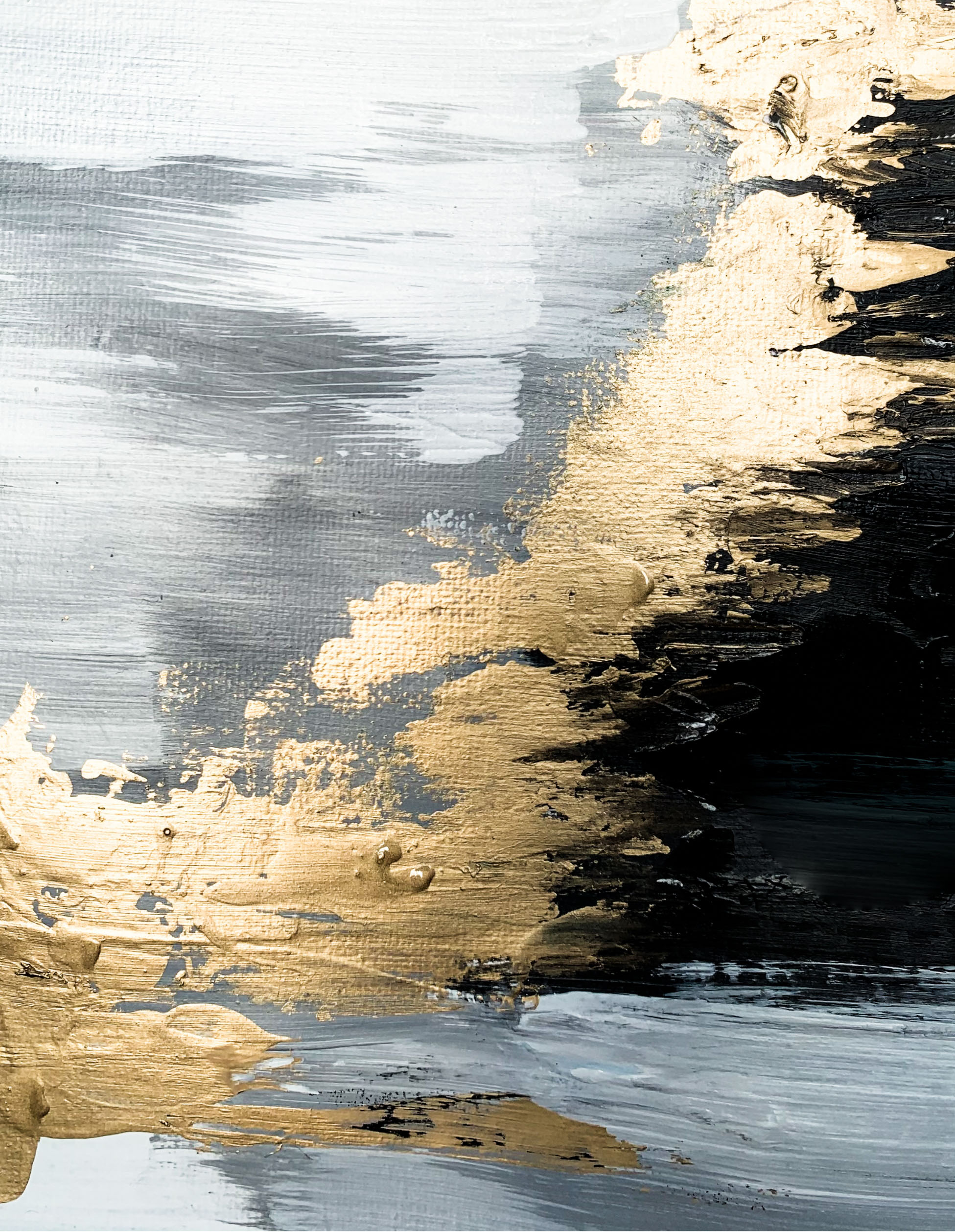 Model
Model
What Is Rhinoplasty?
If your nose is not becoming to you, you should be coming to us. Dr. Russell Kridel and Dr. Sean Delaney are recognized as the leading Rhinoplasty surgeons in Houston for their advanced techniques, technical skill, natural artistry and depth of experience.
Patients interested in Rhinoplasty, commonly called a nose job, express their desire to change the cosmetic appearance of their nose because they feel it detracts from the natural beauty of their face. While there are some common concerns: remove a hump, improve cooked appearance, narrow the tip, decrease the overall size, reduce the width, change the nostril flare (Alarplasty), or adjust the tip projection, at Facial Plastic Surgery Associates, our surgeons, Dr. Sean Delaney and Dr. Russell Kridel, understand every patient has a unique set of concerns.
At your Rhinoplasty consultation, Dr. Kridel and Dr. Delaney perform a comprehensive examination, including evaluation of the septum, nasal valves, and other internal nasal structures called turbinates. Dr. Delaney and Dr. Kridel believe it is important to holistically address your entire nasal structure, both cosmetically and functionally, so that your nose not only looks great, but you also breathe well after surgery.
Rhinoplasty surgery pricing with FPSA includes Septoplasty, which is the correction of a deviated septum, and Inferior Turbinate Reduction as recommended by Dr. Delaney or Dr. Kridel during your consultation.
What is Septoplasty and Inferior Turbinate Reduction?
It is extremely common that patients also experience some degree of nasal obstruction as a result of a deviated septum and/or enlarged turbinates.
It is quite common that Rhinoplasty, Septoplasty, and Inferior Turbinate Reduction are performed at the same time. A septoplasty corrects a deviated septum. A deviated septum occurs when the nasal septum, the bone and cartilage that separates the nose into two chambers, is shifted away from the midline. This can cause one or both of the nasal passages to be constricted, which can lead to breathing problems, congestion, or nasal discharge. The most common symptom is trouble breathing through the nose, which is often worse on one side. As a key structural portion of your nose, a significantly deviated septum can also affect the appearance of the nose and is frequently associated with a crooked nose.
The inferior turbinates play a major part in regulating airflow. Their function is to help moisturize, filter, and warm incoming air. Persistent enlargement of the turbinates takes up valuable space and can cause nasal obstruction.
Why should I select Dr. Delaney or Dr. Kridel for my Rhinoplasty?
You will be in the best of hands with Dr. Sean Delaney and Dr. Russell Kridel. What sets them apart from other plastic surgeons in Houston can be described in the superior combination of their unparalleled training, advanced surgical techniques, attention to detail, aesthetic perspective, depth of experience, natural results, and devotion to the highest level of patient care throughout your aesthetic journey.
Dr. Russell Kridel is internationally recognized by other physicians as one of the best Rhinoplasty surgeons in the country and has been awarded the highest honors of surgical excellence by his peers, his specialty, and his patients. He has published over 150 scientific papers and textbook chapters and presented as featured guest speaker at hundreds of plastic surgery conferences on advanced Rhinoplasty techniques. Numerous Rhinoplasty maneuvers he pioneered are now taught in medical schools. Dr. Sean Delaney has extensive Rhinoplasty experience and has published extensively on advanced nasal surgery techniques with Dr. Kridel. He has been named a Texas Rising Star in plastic surgery. Together, they are known in Houston as “The Nose Docs,” with patients, including physicians and their family members, coming not only from Houston, but from all around the country to have their Rhinoplasty performed by Dr. Delaney or Dr. Kridel.
The level of care our Rhinoplasty patients receive at FPSA is unlike any other practice in Houston. Dr. Delaney and Dr. Kridel see their patients the morning after their surgery and every few days for the first two weeks following surgery. They see you at 1 month, 3 month, 6 month and 12 month timeframes as well, to follow your care. It takes a year for the final result to settle in and Team FPSA is with you throughout your aesthetic journey.
Because no two noses are alike, it is vitally important that you select a surgeon that has the depth of experience and technical skill to address your specific needs like Dr. Sean Delaney and Dr. Russell Kridel. Select the best of the best and never settle for anything less.
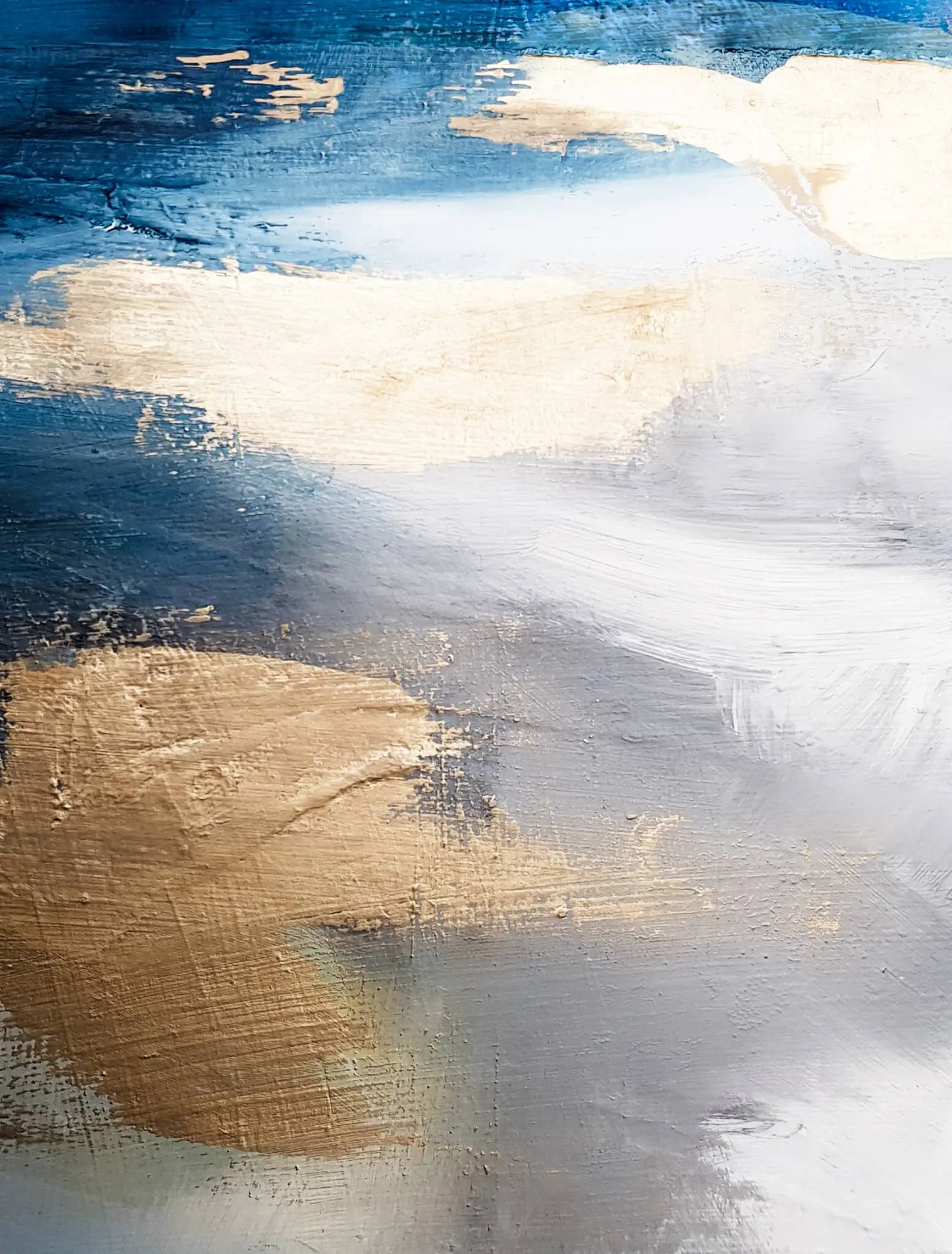
What is the surgical technique that
Dr. Delaney and Dr. Kridel use for Rhinoplasty?
Like snowflakes, no two noses are alike. Because of their level of training, skill, experience and expertise, Dr. Delaney and Dr. Kridel are exceptionally skilled at performing the precise surgical approaches and maneuvers needed to help you achieve your aesthetic goal.
Overall, there are two general surgical approaches to nasal surgery, open Rhinoplasty and closed Rhinoplasty. With open Rhinoplasty, also referred to as external rhinoplasty, a very small incision is made between the nostrils on the underside of the nose. This allows the tip of the nose to be opened to gain a better view and access to the underlying structures of the lower and middle third of the nose. The incision lines heal nicely, leaving scars that are virtually undetectable. With the large number of complex nasal cases referred to FPSA, Dr. Delaney and Dr. Kridel have extensive experience in the exacting technique involved in open rhinoplasty. Closed rhinoplasty, or endonasal rhinoplasty, is an approach in which all incisions are confined to the inside of the nostrils, resulting in no visible skin incisions. This technique is used on noses with features that are more easily corrected when the tip of the nose has good shape and is not too long, too wide, over or under projected, and the dorsum is straight.
In all situations, Dr. Delaney and Dr. Kridel strive to preserve as much of your natural tissue and dorsal structure as possible. They do not perform a “push down” or “let down” maneuver of the dorsum, often referred to as preservation rhinoplasty, because this maneuver actually requires aggressive resection from the sides of the nose and there are no long-term studies currently on its efficacy.
Depending on what specifically needs correction, Dr. Delaney and Dr. Kridel utilize a wide range of structural Rhinoplasty techniques and maneuvers, often in combination, including several that Dr. Kridel pioneered that are now taught in medical schools and performed around the world. Correcting deformities of the tip is particularly difficult and is often avoided or mishandled by cosmetic surgeons with less experience in nasal surgery. Dr. Delaney and Dr. Kridel are highly regarded for their Preservation Tip technique to successfully make corrections that look exquisitely natural.
The appropriate approach, open or closed, and meticulous intricacies and maneuvers required, depends upon the complexity and difficulty of each patient’s nose and is determined by the surgeon. Dr. Delaney and Dr. Kridel will thoroughly discuss their recommended approach with you during your consultation.
less.

 Model
Model
Am I a good candidate for Rhinoplasty?
Every patient interested in Rhinoplasty has a special story, a reason they believe their nose is not becoming to them. Rhinoplasty can be a life changing surgery. However, it is also one of the most technically difficult facial plastic procedures. Healthy, positive thinking patients of every ethnicity from the age of 16 and up are overall the best candidates for Rhinoplasty. Dr. Delaney and Dr. Kridel do not operate on patients with a currently active history of smoking, vaping, or using illicit drugs, because these activities significantly compromise the healing process.
What can I expect at my consultation?
Our Rhinoplasty consultations are quite comprehensive, you can expect to be with us for an hour or so. When you first arrive, a Team FPSA member will take your photograph at multiple angles and will also review your medical history and patient information forms with you.
Dr. Sean Delaney and Dr. Russell Kridel were first board certified in Otolaryngology, Head and Neck Surgery, as well as in Facial Plastic and Reconstructive Surgery, so they will examine the inside of your nose as well as the outside. They can determine whether or not your septum is deviated or inferior turbinates are compromised. Dr. Delaney and Dr. Kridel make it a priority to make sure you can breathe better as well as making sure your nose looks better. Many of our patients also benefit from a Septoplasty to correct a deviated septum and Inferior Turbinate Reduction to improve breathing, along with a Rhinoplasty. All of these procedures can be performed at the same time so separate surgeries will not be needed.
During your Rhinoplasty consultation, Dr. Delaney and Dr. Kridel will ask you what bothers you about your nose and any other features, such as your chin or jawline. The surgeon will also ask you to share what you would like to see changed. They will also review your medical history. Based on your discussion and agreed upon goal for surgery, we will digitally morph your photos so that you can visualize the potential results from surgery. Dr. Delaney and Dr. Kridel will review the imaged photos with you and revise if needed to make sure that you share the same aesthetic vision. Of course, every person heals differently and there is no such thing as perfection, but Dr. Delaney and Dr. Kridel take the imaged photos into surgery with them so that they can come as close as possible to your surgical goal. Very few plastic surgeons do this. You will have the opportunity to share all your questions and concerns with your surgeon during your consultation. In addition, one of our patient concierges will accompany you every step of the way as your guide throughout your consultation. Your concierge will review before and after photos, educational materials specific to Rhinoplasty, and provide you with an estimate for your individualized treatment plan and also answer questions you may have prior to booking your surgery.
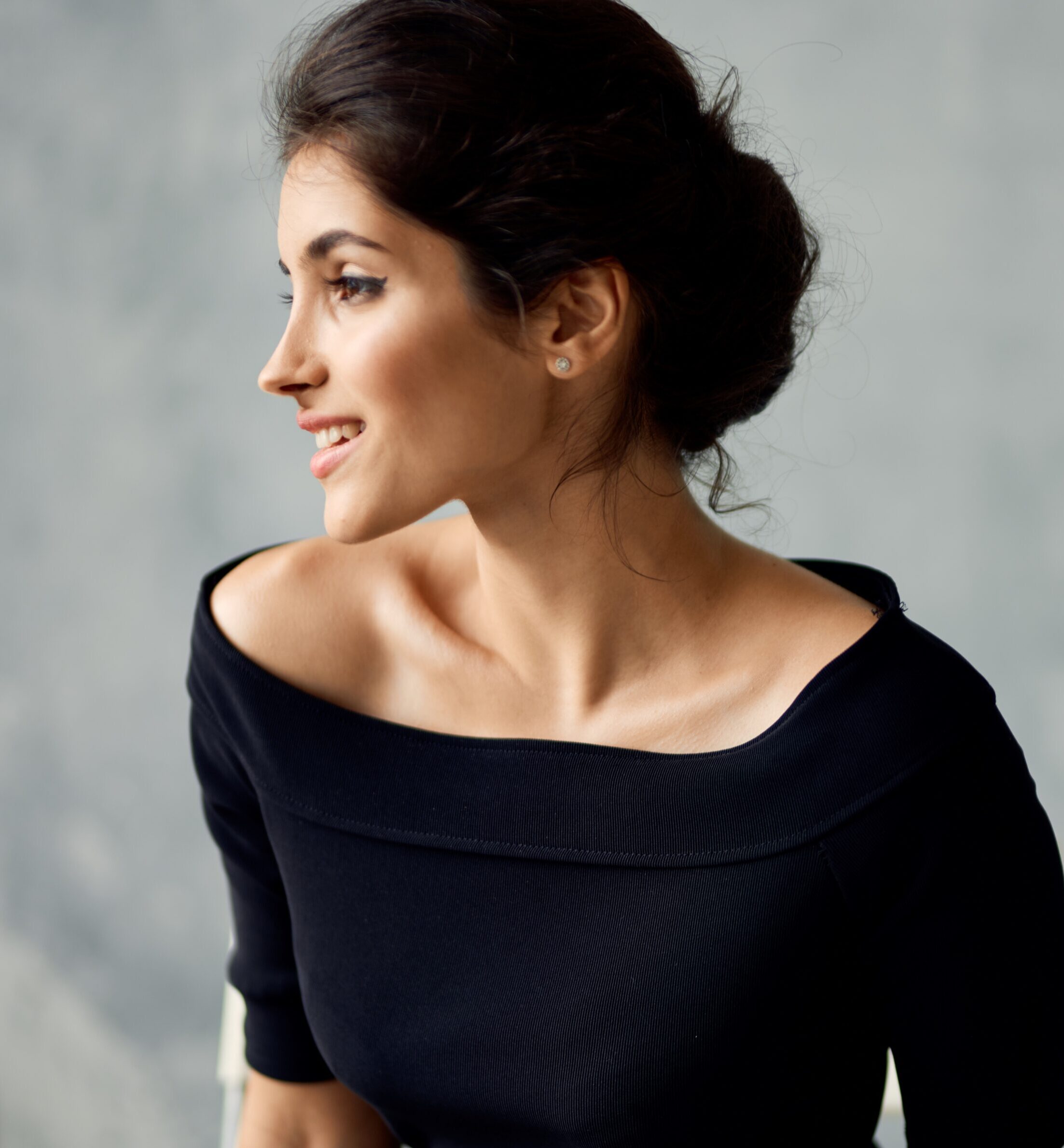
 Model
Model
When is my pre-operative appointment?
Once you have decided to proceed with your Rhinoplasty, your pre-op appointment will take place two to three weeks before your surgery. We strive to make this appointment as stress free as possible. At this appointment, you will receive pre-operative and post-operative instructions, review and sign consents, take pre-operative photos, and make final payment. You will also receive the list of your prescriptions. Most of our patients find that using our Capsule Pharmacy service in advance of the pre-op is quite convenient because all prescriptions will be delivered to our office and ready for you at the pre-op appointment.
Dr. Delaney and Dr. Kridel also believe that having healthier skin at the time of surgery will also help the healing process. Since you will have a splint on your nose for the first week, we provide patients with a complimentary nasal pore extraction treatment with our medical esthetician, Maria Alanis at your pre-op appointment. No other plastic surgery practice in Houston provides this complimentary service. Patients also receive a lovely beauty kit with post-operative supplies, hair towel and eye mask. At this appointment, patients like to select skin care products appropriate for pre-operative and post-operative skin health and optimal healing.
Before Your Rhinoplasty
What do I need to do before surgery?
With any surgical procedure, it is necessary to avoid any medications or supplements that may thin the blood two weeks before and two weeks after your surgery. Our clinical staff will review instructions relating to medications and supplements at your pre-operative appointment.
Dr. Delaney and Dr. Kridel do not operate on patients who smoke, chew tobacco, vape or take illicit drugs prior to or at the time of surgery, as these activities have a detrimental effect on the healing process. Surgery can be canceled if drug tests prior to surgery indicate usage.
We recommend that patients avoid alcohol for two weeks prior to and after your surgery. You should maintain a healthy diet and avoid salt, fatty foods and processed sugar. Some patients eat pineapple for the anti-inflammatory effect of its naturally occurring Bromelain. We recommend taking Arnica, Bromelain, and Vitamin C supplements 5 days before the surgery and 1 week following surgery. It is also very important to avoid significant sun exposure.
Can I combine Rhinoplasty with other procedures?
During your consultation, Dr. Delaney and Dr. Kridel examine your nose along with your face as a whole to provide the ideal treatment plan to achieve your aesthetic goal. For some patients, additional procedures, such as a Chin Implant (also known as Chin Augmentation) or Submental Liposuction, can provide the most optimal and balanced results. Dr. Delaney and Dr. Kridel commonly perform these procedures at the same time as Rhinoplasty surgery.
Some patients also take the opportunity to make additional improvements of the eyelids and brows at the same time as their Rhinoplasty so that there is just one recovery period.

 Model
Model
DAY OF SURGERY
What happens on the day of surgery?
Rhinoplasty is an out-patient procedure performed under general anesthesia at Hermann Surgery Center Kirby Glen and typically takes approximately 3.5 hours to complete. You should have nothing to eat or drink (not even water, candy, or gum) after midnight the night before your procedure. Patients should arrive approximately 1.5 hours prior to the start time on the day of surgery. You should wear a button-up top or loose-fitting clothing to allow you to change easily without placing unnecessary pressure or stress on the nasal area. You will need an adult driver on the day of your surgery to bring you to the surgery center and to take you home.
What can I expect right after Rhinoplasty surgery?
Dr. Kridel and Dr. Delaney do not pack your nose with uncomfortable Doyle splints. Instead, special soft material is placed inside your nose to hold the newly repositioned tissue in place. You will be seen the very next day in our office, and the material will be removed. You will need to sleep on your back with your head slightly elevated for the first several days to a week after surgery.
Our patients often comment that the discomfort is far less than they expected. Most patients feel very little pain immediately after surgery but may experience some discomfort later in the evening or the next day or so. We prescribe pain medications to help you feel more comfortable. However, we have found that most patients transition to Tylenol after 24-36 hours.
What is the recovery period for Rhinoplasty?
Our surgical techniques and pre-operative and post-operative care are designed to minimize bruising and help the healing process. Swelling will take place, along with some bruising, but the majority subsides within a few weeks. When your splint comes off after 5-7 days, you will see noticeable improvement, but there will still be swelling. You will also notice improvement in your breathing.
It takes approximately 3 months for about 80% of the swelling to go down. Your nose will continue to look better and better over the months to come until you see the final result “settle in” within a year.
Most patients feel like themselves after just a few days. As a general rule of thumb, patients can return to work after a week to two weeks, after the splint and compression tape comes off.
Dr. Delaney and Dr. Kridel will be with you every step of the way during your journey. We will see you multiple times over the first two weeks, and also at 1 month, 3 months, 6 months and 1 year. Our high standard of patient care, including follow-up care, is unparalleled in Houston.
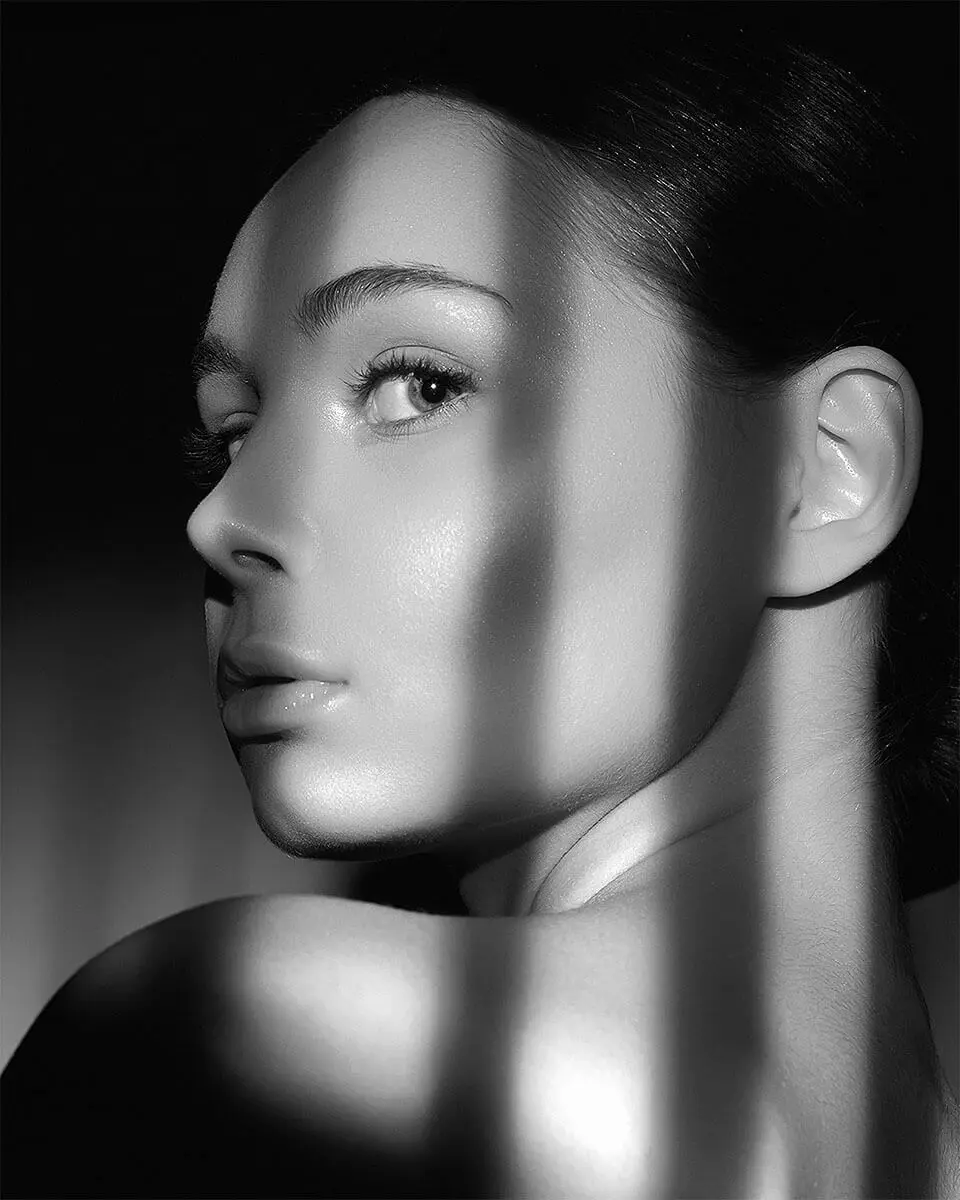
 Model
Model
How do I find the best Rhinoplasty surgeon for me?
Rhinoplasty surgery is the most complex and difficult surgery of the face. It is important that patients select a facial plastic surgery specialist who is familiar with the anatomy and has extensive training and experience specific to nasal surgery. If nasal surgery is unsuccessful, the impact can be devastating to patients and expensive to repair.
Dr. Delaney and Dr. Kridel are board-certified in Otolaryngology, Head & Neck Surgery and board-certified in Facial Plastic and Reconstructive Surgery, so they have a unique knowledge of the function, anatomy, and the aesthetics of the nose. With our surgeons, you are in the hands of award-winning experts recognized by other physicians for their expertise and they have published extensively in scientific medical journals and textbooks on Rhinoplasty. Needless to say, you will be in the best of hands when your trust your face to our experts, Dr. Delaney and Dr. Kridel.
There is much, much more to selecting your Rhinoplasty surgeon than reviews and media posts. We have provided a handy guide of the 10 best questions when selecting a surgeon for your Rhinoplasty.
Can my Ethnicity be preserved?
Rhinoplasty surgery is a procedure that can be performed on individuals of every ethnicity. With skill and precision, Dr. Delaney and Dr. Kridel make great efforts to ensure that your ethnic heritage is preserved during surgery.
The surgeon’s primary focus is to create an aesthetic result that the patient desires while working within the confines of an individual’s nasal structure, which varies by ethnicity. During your comprehensive consultation, you will share your goals for surgery, including the amount of transformation desired. Based on your discussion with your surgeon, one of our FPSA Team members will image your digital photo taken during your visit so that you can visualize the goal for surgery and feel comfortable that the surgical goal maintains the level of ethnicity you desire.
Learn more about Ethnic Rhinoplasty
Can RHINOPLASTY IMPROVE MY NASAL FUNCTION?
Although Rhinoplasty is commonly sought for cosmetic enhancement, it can also help with improving nasal function.
For those dealing with persistent congestion, breathing difficulties, or structural nasal concerns, Functional Rhinoplasty can help restore healthy airflow—while also offering the opportunity to enhance the nose’s appearance.
Does insurance cover surgery?
Insurance does not cover Rhinoplasty because it is an elective, cosmetic procedure. Most patients also have Septoplasty surgery to correct a septal deviation and Inferior Turbinate Reduction to correct other functional medical conditions. Dr. Kridel and Dr. Delaney do not accept insurance and are considered out-of-network providers. We are happy to provide our patients with appropriate information they may need to file directly with their insurance carrier if they so choose.
IS RHINOPLASTY PAINFUL?
Not as much as you might think. The procedure itself is pain-free thanks to general anesthesia. With the advanced surgical techniques that are used by Houston Rhinoplasty specialists, Dr. Russell Kridel and Dr. Sean Delaney, the majority of our patients tell us that they experience only mild discomfort after surgery. Dr. Kridel and Dr. Delaney can prescribe medication that will keep you comfortable if needed.
Fully Accredited
On-Site Surgical Facility
Dr, Sean Delaney, Dr. Russell Kridel and Team FPSA provide patients with an exceptional surgical experience at our AAAHC accredited on-site operating facility. Our patients enjoy the comfort, ease and convenience of having surgical and medical aesthetic procedures in our beautiful practice environment. Facial Plastic Surgery Associates’ operating room has been certified by the Accreditation Association for Ambulatory Health Care (AAAHC). Accreditation by this highly regarded, independent organization ensures that our in-office operating room meets the highest quality of standards and safety. This accreditation is similar to the process completed for out-patient surgical facilities associated with hospital systems.
Schedule a Consultation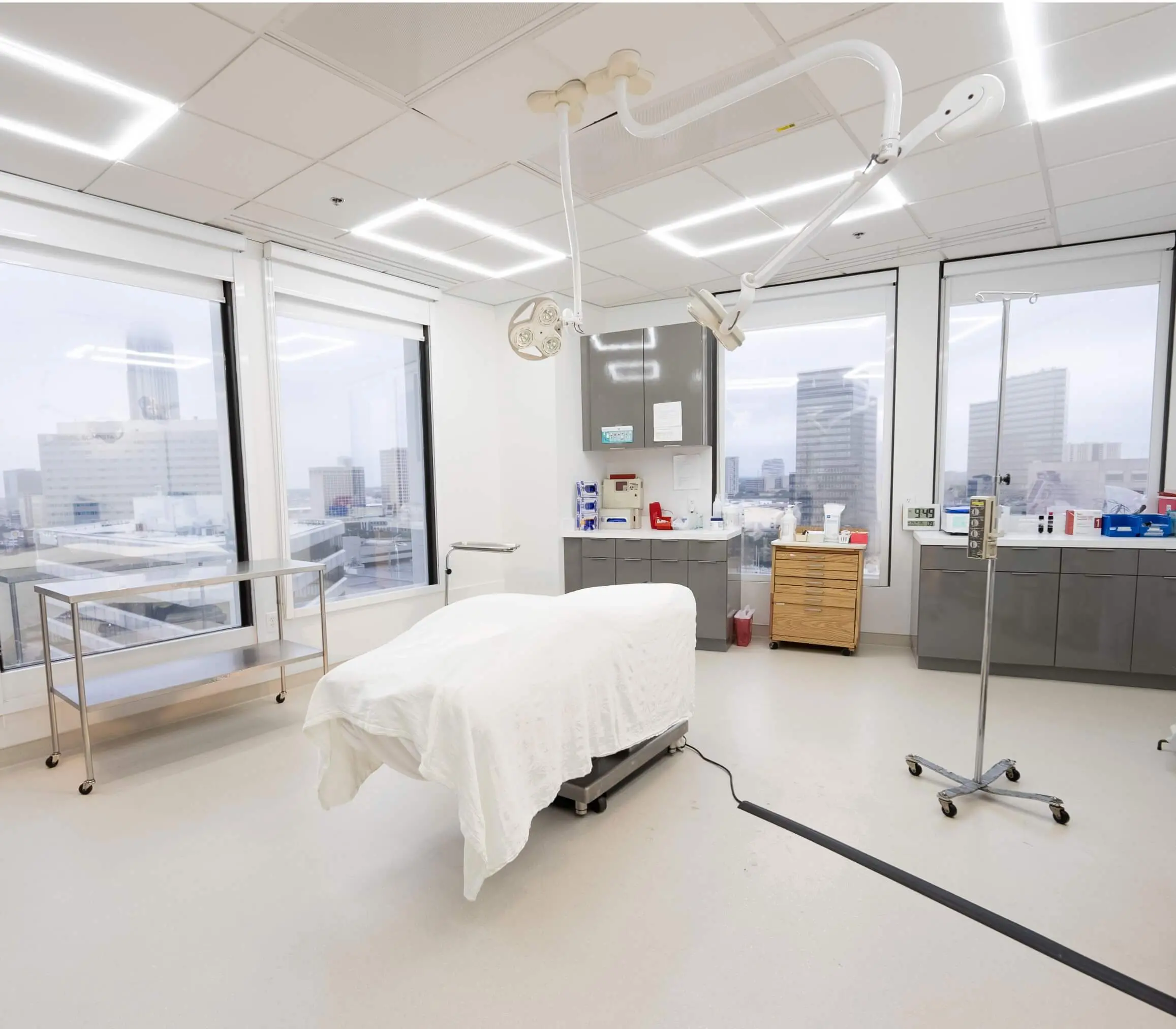
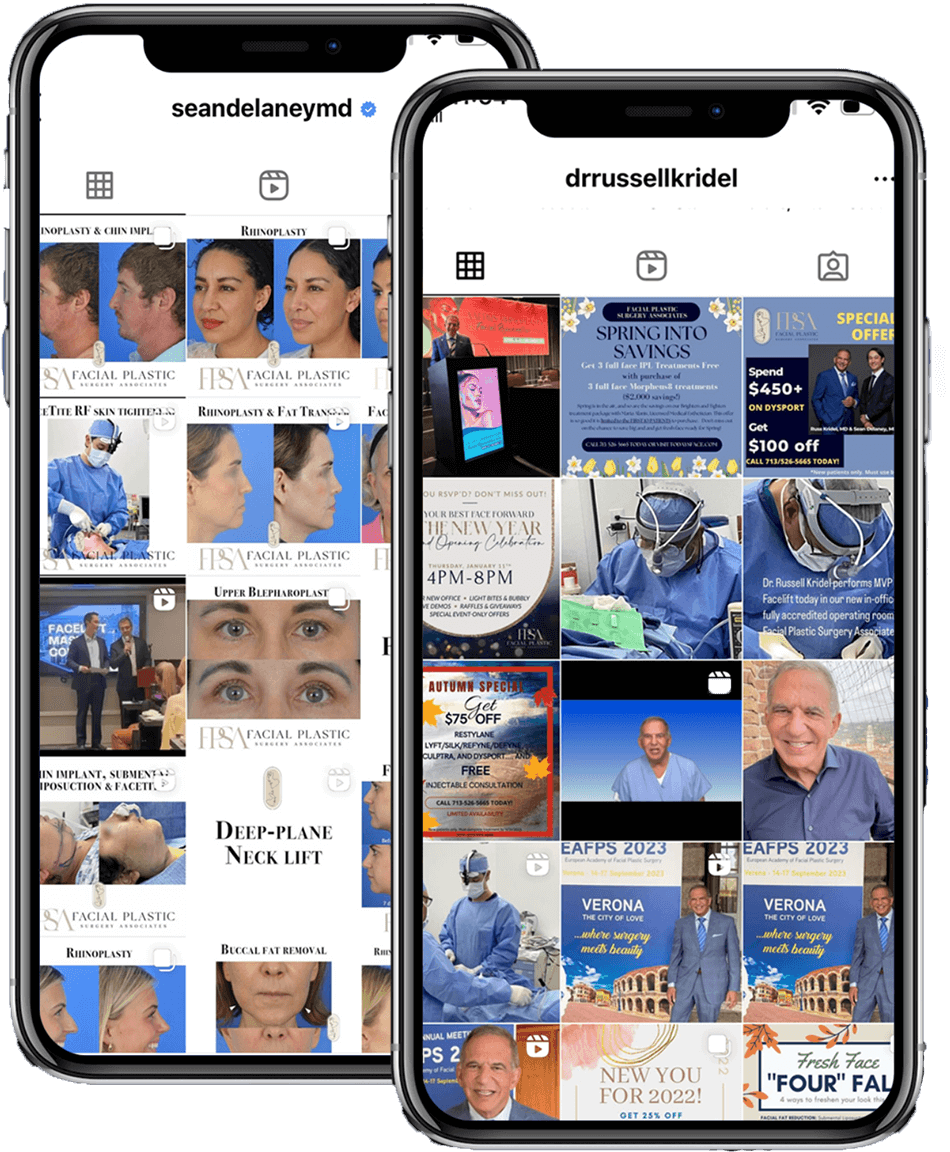
Let's Get Social
Connect with Us on Our Social Channels
Stay connected with us on social media and witness the impact Facial Plastic Surgery Associates has on the lives of our patients.
